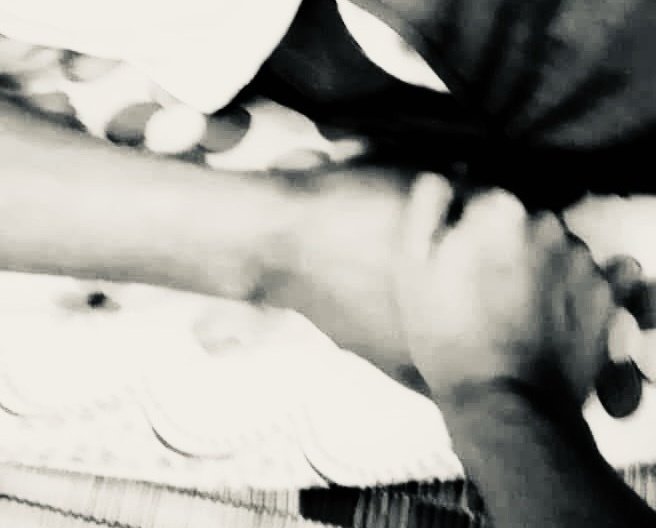Organizer: Southeast Asia Program at Cornell University; Department of Anthropology at Cornell University
Type/Location: In Person / Ithaca, NY
Description:
Wars across the world are increasingly endless. They are also increasingly drugged. Nowhere is this entanglement more clear than in Myanmar—home to the longest-running civil war and the largest hub of opium production in the world. Nowhere are the effects of this entanglement more palpable than in what I call the “forever soldier”—a soldier whose fight never truly ends but shifts from one battlefield to another.
In this talk, I introduce the key claims of my dissertation and ground them in a concrete case study. My dissertation argues that addiction, rehabilitation, and war sustain one another, pulling soldiers into cycles with no exit. War, I suggest, is not just a violent event but an enduring structure that renews itself by moving soldiers across overlapping planes of battle—political, economic, moral, and even biochemical.
To ground these claims, I focus on a pivotal moment in the life and death of the forever soldier: the emergence of a new revolution after Myanmar’s 2021 coup amidst decades of multiple, ongoing revolutionary struggles. Popular and scholarly accounts often present this as a moment of collective revolutionary fervor. But attention to the experiences of older generations and the rank-and-file reveals something different. Amidst the resurgence of conflict, forced conscription by long-standing ethno-revolutionary armies has intensified, pulling veterans and addicts back into war’s churn. For many, this return has not only produced exhaustion but also a deepened disillusionment with the promise of revolution—that radical violence will produce radical change. In turn, some are now refusing revolution, deserting from the frontlines and rejecting a dominant logic that values the quick and the strong while abandoning the worn out and the old. Yet this refusal is not just withdrawal. It’s an embrace of a different kind of politics. One that values slow, fragile acts of care over speed and strength. Not an escape from the endless cycle of war, but a way of making life—and death—beyond revolution.
About the Speaker:
Joshua Mitchell is a political and medical anthropologist and scholar of conflict and development, critical health studies, and Christianity. His research examines how illicit economies, addiction and rehabilitation, and armed social and religious movements intersect in Myanmar’s civil war. He will complete his PhD in sociocultural anthropology at Cornell University in July 2025. Starting this fall, he will be a Postdoctoral Associate in the Ethical and Legal Implications of Psychedelics in Society program at Baylor College of Medicine.
Registration:
To attend the event in person, please register here.

